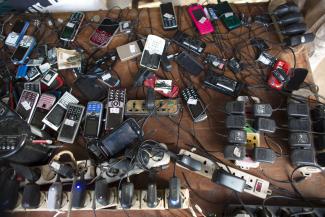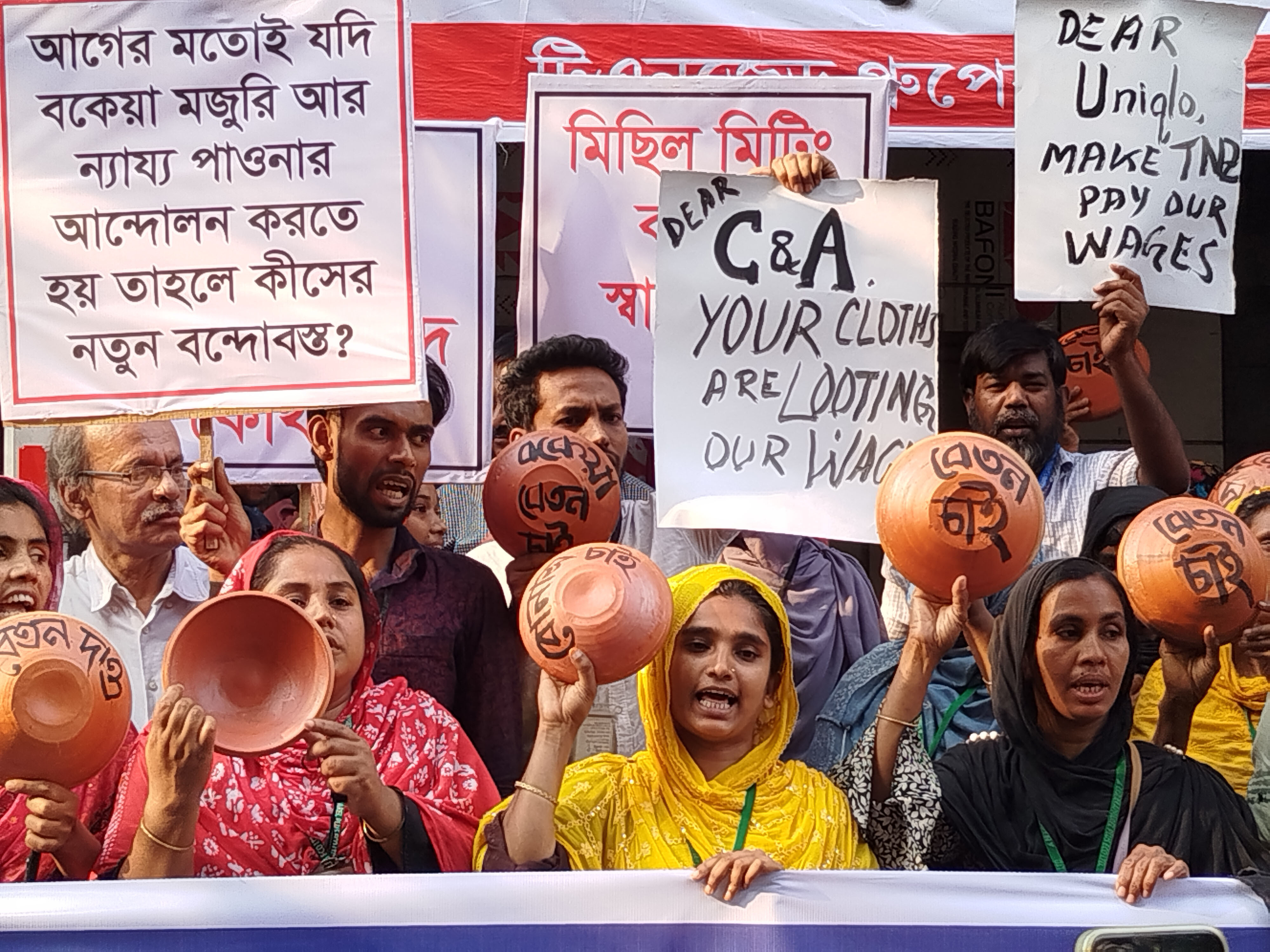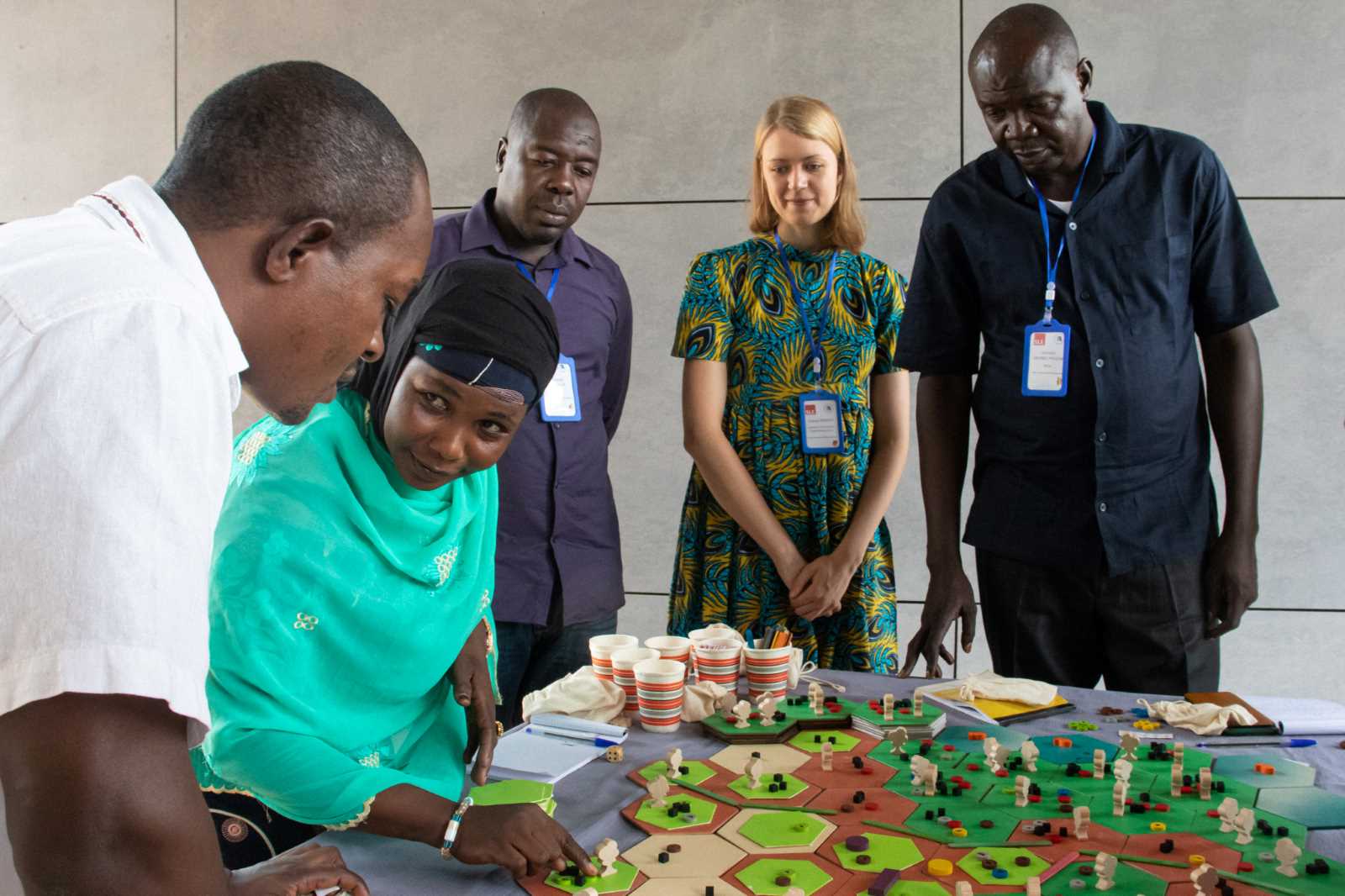Value chains
Due diligence

In a recent briefing paper, the non-governmental think tank Südwind Institute praises the Dutch Organisation Waag Society, which produces the “Fairphone”. Waag wants to guarantee that all cell-phone components were produced in a fair and sustainable manner. It acknowledges that it cannot do so for each and every part yet, but it traces minerals directly to their source, encourages small scale mining and facilitates recycling. The initial capital was raised through crowd funding. The Fairphone has become quite popular and those who want one are put on long waiting lists. Fairphone, so far, is unable to produce as many devices as people would buy.
Consumers have some influence on the mobile-phone market, Südwind points out. Manufacturers try to seduce customers to replace their phones before they become worthless. On average, people use their mobile phones for only 18 to 24 months. The authors suggest that customers look closely at the product’s life time – and how the device was made.
In the Democratic Republic of the Congo (DRC) and elsewhere, people are working hard, digging for metals like cobalt or tantalum that are needed for the batteries of mobile-phones. The working conditions are harsh. Mining, moreover, is destroying huge patches of land and using poisonous chemicals, as Südwind emphasises.
Mobile phones and their components are mostly made in China. The industry employs millions of workers. Südwind experts point out problems such as low wages, long working hours, health risks and crowded dormitories.
According to the Südwind Institute, the bad state of affairs not only violates national laws, but also international agreements and standards that were agreed in the context of the International Labour Organization (ILO) or the Organisation for Economic Cooperation and Development (OECD), for instance. So far, companies cannot be held accountable.
The authors insist on binding laws. They mention the American “Dodd-Frank-Act”, which should make value chains more transparent. It is designed to rule out that extraction of raw materials in conflict-ridden areas of the DRC serves militia funding. According to Dodd-Frank, companies must document where they source their commodities. The EU considered a similar approach in 2014, but the process did not get far. Südwind states that it is not acceptable that companies only write reports on a voluntary basis. The authors demand regular and compulsory reporting on wages and labour relations in general. So far, Südwind claims, voluntary approaches are only affecting small parts of the value chain.
Theresa Krinninger
Link:
Südwind_Insitut: Die Wertschöpfungskette von Mobiltelefonen (only in German).
http://www.suedwind-institut.de/fileadmin/fuerSuedwind/Publikationen/2015/2015-02_Fact_Sheet_Wertschoepfungskette_Mobiltelefonen.pdf













